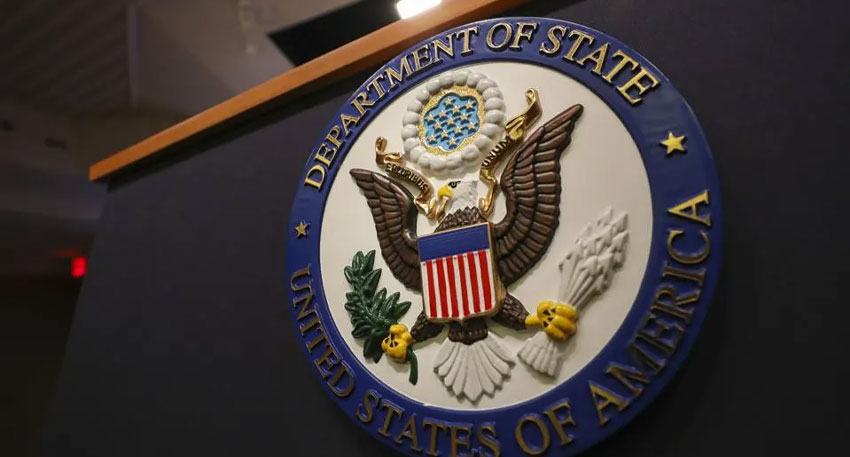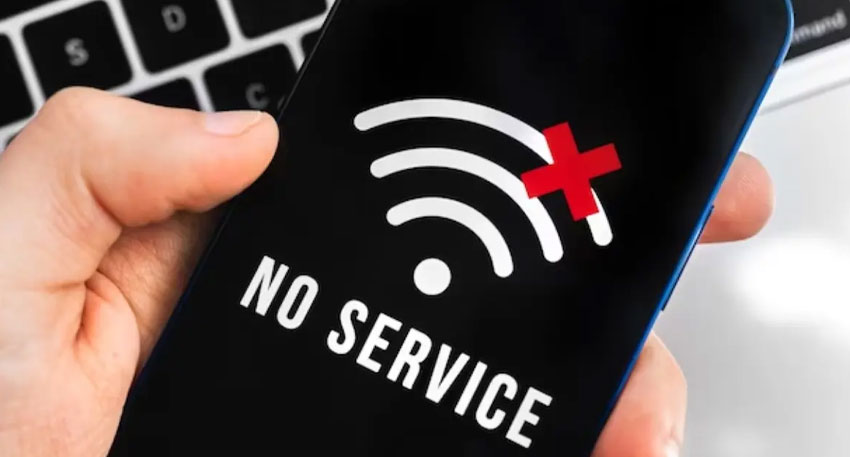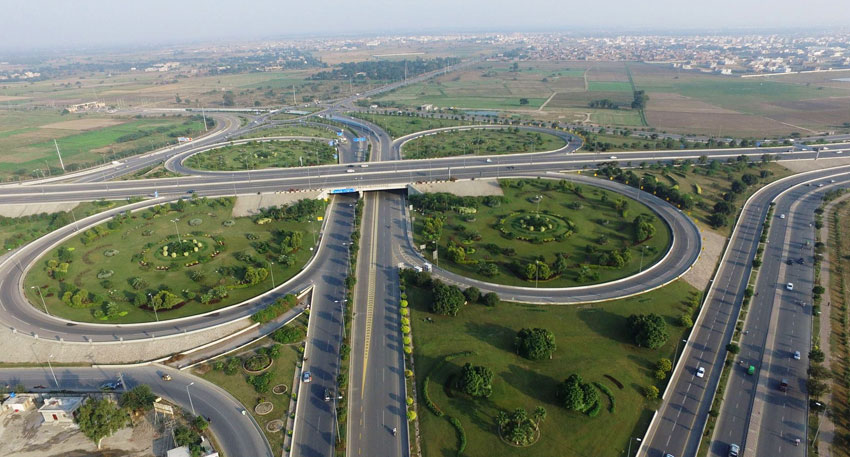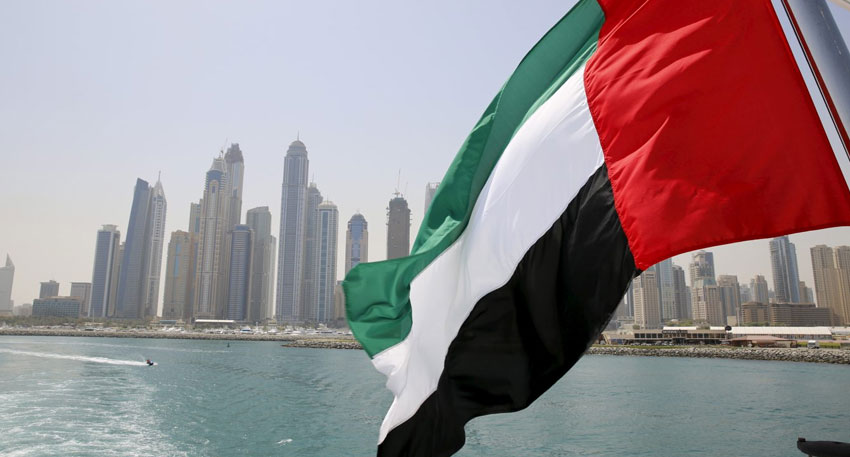
Under this proposal, effective approximately 15 days after its official publication in the Federal Register, individuals from countries identified as having high visa overstay rates, insufficient internal document security, or citizenship-by-investment programs with no residency requirements may fall under this bond requirement.
"Aliens applying for visas as temporary visitors for business or pleasure and who are nationals of countries identified by the department as having high visa overstay rates, where screening and vetting information is deemed deficient, or offering citizenship by investment, if the alien obtained citizenship with no residency requirement, may be subject to the pilot program," read the notice.
Bond amounts will be assigned at consular discretion based on the applicant’s financial circumstances, travel purpose, education, and employment. Officials are encouraged to set the default amount at $10,000, with discretion to apply $5,000 or $15,000. Bonds must be paid online, typically via Form I-352 on Pay.gov, within 30 days of the visa interview.
Also Read: German consulate resumes visa services in Karachi
Bonds are refundable if visa conditions are met and the applicant departs as required—or forfeited if an overstay occurs or visa conditions are violated.
Visa Waiver Program (VWP) countries are exempt from bond requirements.
Initial countries targeted include Malawi and Zambia, though additional nations (e.g., Chad, Laos, Haiti) may be added based on DHS overstay data. During the pilot’s duration (Aug 20, 2025 – Aug 5, 2026), approximately 2,000 visa applicants are expected to be affected.
Under this pilot, visas issued will be single-entry and will only be valid for up to 30 days’ stay, and for tracking purposes, they are also going to be associated with specific US ports of entry such as JFK, Dulles, and Boston Logan.
It has been warned by experts US travel revenue will be significantly affected as imposing high bond requirements could deter tourism and business travel.
The bond pilot program reflects the Trump administration s broader immigration enforcement strategy, including tightened visa renewal protocols, mandatory interviews, and new validations for applicants in the Visa Diversity Lottery program.




